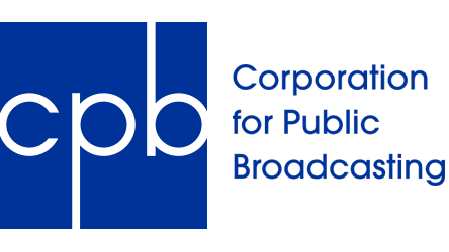Congress and the FCC tussle over broadcast flag
A potential bureaucratic turf battle is developing between Congress and the FCC over the issue of broadcast "flag" technology being implemented to block copying of commercial television programming.
Members of a U.S. House subcommittee overseeing intellectual-property issues say the FCC's activity on the flag issue may be moving in the governmental territory of Congress. Last summer the FCC voted to begin developing regulations involving use of an electronic "flag" that could trigger copyright protection.
Republican Congressman Lamar Smith of Texas, chairman of the subcommittee on intellectual property, warned the FCC that it's moving into an area that is none of its business. The FCC is normally overseen by the House Energy and Commerce Committee.
Smith and other subcommittee members said copy-protection issues should be addressed by Congress, not an agency of the executive branch. The FCC, still in limbo over the controversial issue, is under pressure by the motion picture studios to implement the flag, which can limit the rights of TV viewers to record specially-coded programming.
The FCC has not yet decided to move ahead with a broadcast flag regulation.
The FCC's media bureau chief, W. Kenneth Ferree, told the subcommittee that the commission has received more than 6,000 comments so far on the issue. "We have just begun to go through the record," Ferree said, adding that any decision on the issue by the FCC would probably come sometime this year.
Motion picture studios claim the broadcast flag is needed to protect against the illegal Internet distribution of copy-righted programming. Consumer groups say the flag would limit the rights of viewers and be ineffective at preventing piracy.
The professional video industry's #1 source for news, trends and product and tech information. Sign up below.
"The astonishing lack of evidence behind claims of any current or imminent problem facing copyrighted high-quality digital works transmitted over airwaves gives us pause," the FCC was told by consumer advocate Public Knowledge. "We have always believed the case for the broadcast flag was thin, but have been amazed to discover that the evidence comes close to being nonexistent."
For more information visit www.fcc.gov.
